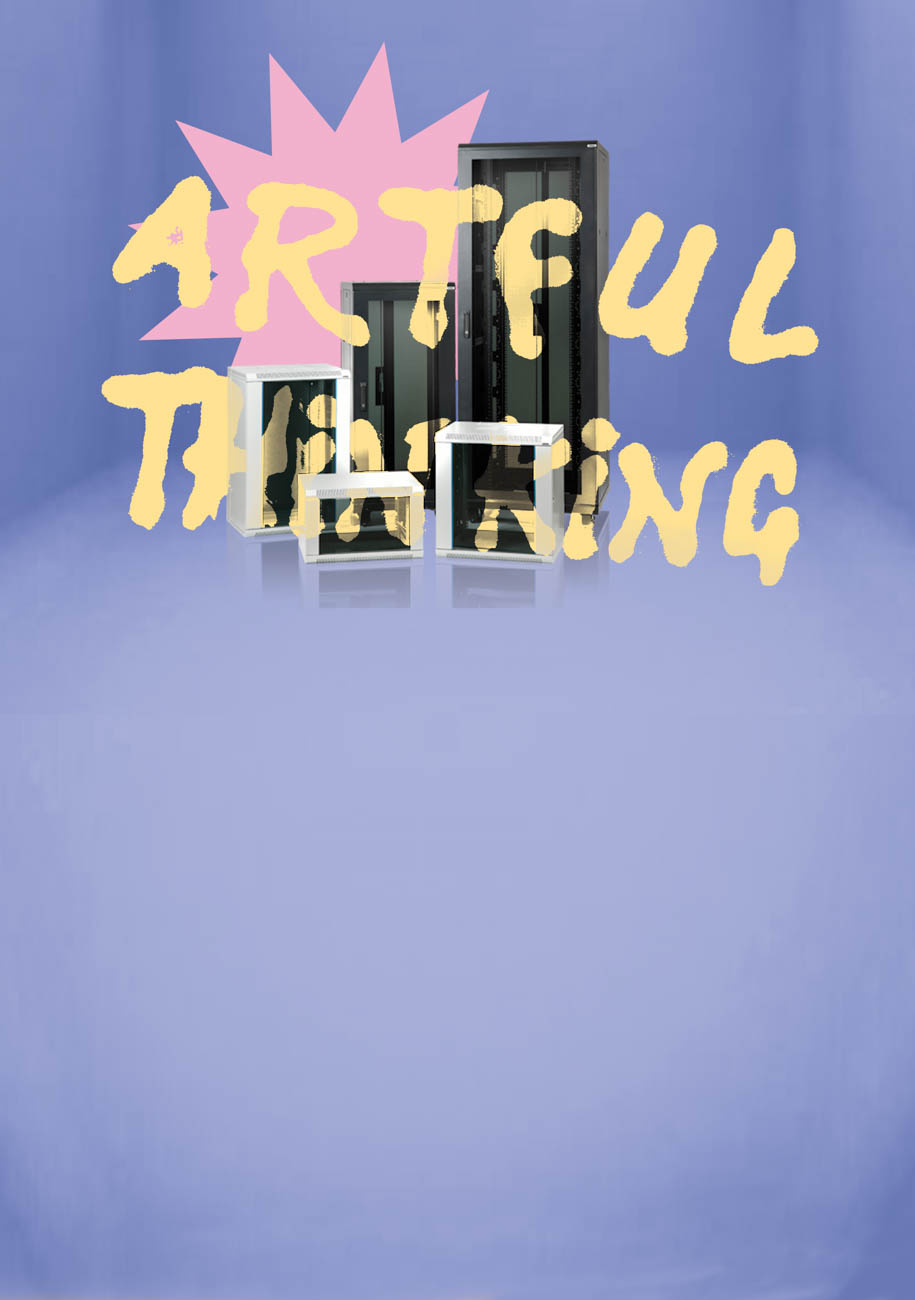
“How will you get a job?”
“The Arts aren’t an essential area”
“STEM is more useful”
These are questions art students know all too well.
For years senior advisors and Governments have been pushing STEM subjects as the most important thing to a functioning, industrial and capitalist society, yet forgetting about how important the Arts and Liberal Arts are for a functioning democratic society. While it’s true STEM subjects provide the doorway for certain vocational careers, the narrative that these are the ‘ONLY’ important or useful subjects is such a tired and blatantly wrong one. The Arts have many essential transferable skills: such as confidence, public speaking, empathy, and teamwork. Two of the biggest things they promote are critical thinking/analysis, and media literacy, which are vital in today’s polarized, digital landscape.
First, it is important to establish what I am referring to when I talk about “the Arts”. When referring to the Arts, in this context, I am including a broad range of subjects that encompass disciplines like performing arts, visual arts, the social sciences and the humanities, even some more technical subjects such as areas of mathematics and physics, everything you might expect to find listed under a ‘Bachelor of Arts’ degree. You will see that some of the sources I mention will talk about ‘Liberal Arts’, a term which encompasses the same subjects.
Critical thinking is essential in avenues of our working and daily life. There are a few different ways to describe critical thinking, the University of Monash defines it as “a kind of thinking in which you question, analyse, evaluate, and make a judgement about what you read, hear, say or write.” The website criticalthinking.org describes it as “self-guided, self-disciplined thinking which attempts to reason at the highest level of quality in a fair-minded way.”
Essentially, critical thinking helps us to find meaning and understanding in what we are experiencing. We see this in the arts when we discuss and interpret works of art, poems, performances etc., but we also use critical thinking exploring topics in social sciences and humanities. Other degrees and subjects do also encourage critical thinking, but the Arts offer a slightly more unique approach by thinking critically about other viewpoints. Not only does this promote empathy and diplomacy, but it teaches students to find bias and make judgements that understand the full context and see humanity for what it is. In a world where we have global leaders arguing over their ally not wearing a suit to the White House because he’s, you know, defending his country in a two year long war, understanding the big picture of an event or an opinion and being able to analyse what is really important is what will lead us towards a more aware society.
Not only are the Arts vital for developing critical thinking but also in teaching media literacy. Media literacy is the ability to interpret and understand the messages and symbols in media we consume. This can again include understanding bias, but also recognising when things might be propaganda, misinformation, and disinformation. In an age where technology and the internet are so widespread, it is easy to get caught in a web of false information. Media literacy is taught through Arts subjects such as Media Studies, English, and Social Studies. Interestingly (and detrimentally), Media Studies has been removed from the NCEA Level One curriculum as of 2023. This is a disappointing but unsurprising move from the ministry, who continue to show that many people in society view the Arts as frivolous and unnecessary. It also shows the face of a government antagonistic to a literate population! Without an understanding of what and why we are presented with information online, we can become swayed by misinformation, falling susceptible to ideological rabbit-holes. We only need to look at cases like the rise of Andrew Tate, Donald Trump’s election fraud claims, and the false promises of ‘Trad’ Wives to see how easily manipulated you can be without basic media literacy skills. Unfortunately, this is something many people are struggling with. While there is little information on media literacy rates in New Zealand, a national survey by medialiteracynow.org (U.S.) found that only 38% of those surveyed learnt how to analyse media messaging in school. 62% of adults surveyed also said that they had no opportunity in high school to reflect on how media affects their beliefs, feelings, and actions. If we don’t learn to value the subjects that teach us such vital skills, society will continue to be lost and divided by webs spun by bad actors.
We all stand to benefit from engaging with the wide range of subjects within the Arts. Not only because it teaches critical thinking and media literacy, but it also just offers such a rich variety of skills and ideas that can enrich our experiences with the world around us. If you take anything from this article, it should be to give the arts a chance and have fun doing it. You will thank yourself later.